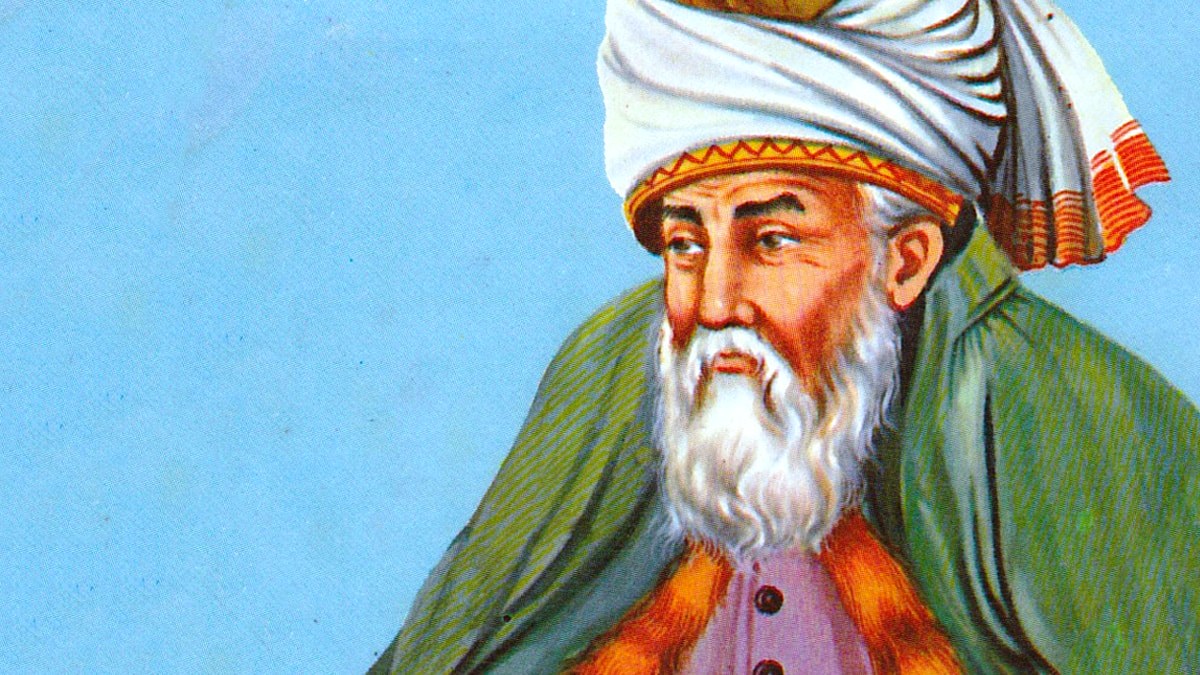As more and more writers resort to self-publishing their works, it damages the works and the process of credible publishing. While reviewing a self-published novel, The Signs, Shabir A Mir believes reworking on plots and professionalising editing would add value to the literature that is being produced in Kashmir on a grand scale

The novel by The Signs by Fazl Illahi is the latest addition to the ever-increasing plethora of Kashmiri works, both fiction and poetry, coming out of the stables of self-publishing houses. Blue Rose Publications has published this work. Before taking stock of this work of fiction a word about self-publishing is in order here.
Off late, self-publishing and algae in the Dal lake seem to be the only things that are blooming in Kashmir. And neither of them is doing any good to Kashmir. Taking broad stock of the situation three kinds of writers go for self-publishing. The first category, the most idealistic one (and the one that grants some respectability to this mode of publication), consists of writers who are geniuses at their craft but due to some reason (which has nothing to do with the merit and craft of writing) they find their work un-publishable by the traditional publishing houses. The traditional publishing houses operate on the basic principle of any business- profitability.
So an author who has produced a stupendous piece of work might still be rejected by such publishing houses because their market calculations might indicate that such a work would not sell; the reasons being as myriad as they are non-meritorious like the nature of such a work being avante-garde or the author not having enough ‘selling power’ or the work not resonating with the demands of a market. The point here is there is nothing wrong with the author’s work per se, the rejection by the publishers is rather an outcome of market calculations. In such a case an author may go (and should go) for self-publishing and let the reader decide the merit of his work. History is replete with examples of authors and their works who could not find publishers but eventually turned out as ‘best sellers’ and ‘works of genius’ once they were self-published (although the model of self-publishing has been different from time to time).
The second category of self-published writers are the ones who are best described by the other name used for such publishing- vanity publishing. Such writers just need their name on a book cover so that from time to time they could massage their ego and feel ‘culturally’ important. It hardly matters that writing and/or reading such a book is just wastage of time and energy. Why it hardly matters whether such a book is even read by anyone at all! Such writers are so ably served by self-publishing houses that it needs to be discussed no more here.
The third category consists of such writers who have serious aspirations vis a vis literature; and, more often than not, have some talent as well. But they are the impatient lot and often a self-deluded, arrogant people. When a publisher refuses them on such justifiable grounds as the submitted work being too raw or the manuscript needing more work or the submitted work having too many flaws, literally and figuratively, so for and so on; such group of writers rather than going back to their writing desks and taking stock, instead rush to the seductive arms of the nearest self-publisher and offer themselves, their work and their money lock, stock and barrel.
Unfortunately, the plethora of self-published Kashmiri writers belongs, by and large, to this last category. Case in point being The Signs. One just has to go through the nauseating bad grammar, which is spread throughout the pages of this book to understand such harsh categorization. The misuse and abuse of prepositions and adverbs among other grammatical blunders should have prompted the publisher to ask his author to revise and rectify the draft or at least the publisher should have availed the services of an able copy-editor; after all the publisher here was paid to publish: the author had literally paid for an editor.
The folly of self-publishing in The Signs is further accentuated by the fact that the novel on a whole reads like a raw, unpolished draft which might have developed into something substantial had the author been made to work more on it; as every novelist tends to do by himself. The first draft is just a vague outline, which the novelist visits and revisits; again and again till he polishes it into a proper piece of literature. The role of the author here is supplemented and complemented by the publisher. The publisher forces the writer to consider and reconsider his work, bringing out new aspects and new perspectives to the work under consideration. By the time the book is ready to be published, the author has worked on it as much as the editor has. And there is nothing humiliating in this, even the most established and reputed authors go through the same process.
Had only the author of The Signs done something of sorts, he could have immensely improved.
The Signs starts on a promising premise- a young man on a trajectory of spiritual growth; a Sufi bildungsroman of sorts. As the author himself puts it, “Your body is the Shikhara, gliding on the Wulsar your soul, your reason becomes your oar.” And he shows flashes of brilliance as for instance the use of extended metaphors of Shikhara, Wulsar and Oar throughout the novel or the atmosphere of the existential crisis or the delineation of the moral turpitude of his protagonist-Saleem. He even creates an impressive villain- Jaffar- who, for the most part, emerges as an anti-hero rather than an outright villain and in the process becomes most interesting of all the characters. But such flashes are far too few and are devastatingly outweighed by the mishaps that fill the pages of this novel. The characterization is a big let down.
The author has invested only in his principal character Saleem and to some extent in the characters of Anwar (the archetype friend) and Jaffar; all the other characters are just props. Shahana, the presumptive heroine, is no more than a female accoutrement; Saleem’s stepfather is the caricatured, clichéd miser ‘who counts the same wad of notes night and morn’. Such is the level of disengagement of the author with the character of step-father that there is no attempt to even make plausible his marriage with Saleem’s widowed mother; why should a healthy, wealthy landlord marry a poor, destitute, average-looking widow who comes with the liability of a small child?
This level of poor characterization is not limited to a single character, it invades many others as well, for instance, Anjaan the poor, hard-working guy leaves the job of bank clerkship for a job in an FMCG. Why on earth would he do that! The only explanation given is that he needs money. But, in the context of our society, a bank job, no matter how insubstantial, is far better and secure financially than a sales job. He is not even dealing with sales, for all practical purposes he is no better than a peon to a salesman. Add to this the overbearing presence of the author throughout the novel. Every now and then the author breaks into well sounding but totally out of place soliloquies, which have been duly italicized to reinforce their voice. Such authorial interventions have nothing to do with the plot but are just show pieces of author’s flair with ideas and language. A set of witticisms that make you wonder what is a Polonius doing outside his Hamlet!
Such implausibilities could have been taken care of easily had the publisher or the editor pointed out them to the author. And had the author gone back to work more on his novel. But then hey, this is self-publishing.















